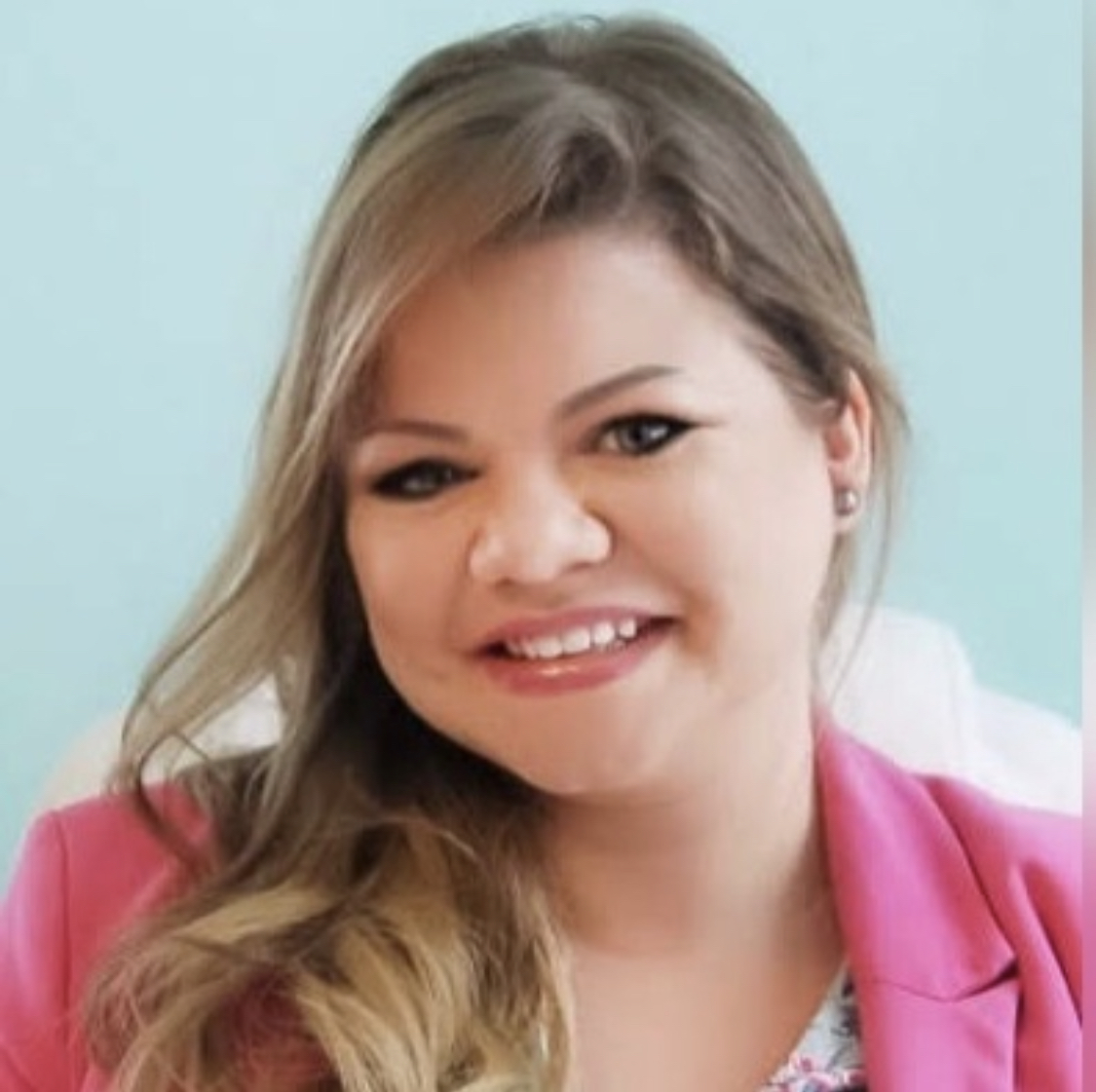Rootless and Resilient: The Double-Edged Life of a Modern Nomad
- Sarah J.D.
- Aug 9, 2025
- 3 min read

“You will never be completely at home again, because part of your heart will always be elsewhere. That is the price you pay for the richness of knowing and loving people in more than one place.” — Miriam Adeney
For most people, home is a single dot on the map — a place where roots grow deep and life unfolds within familiar borders. For me, home has been a moving target. My life as a nomad has been a long, winding journey through countless countries, cultures, and identities. It’s a path I chose at times, and a path that sometimes chose me.
Nomadism has given me so much — freedom, perspective, adaptability — but it has also taken things from me, quietly and irrevocably.
The Gifts of a Nomadic Life
Freedom in its purest form
When you live without borders, the world becomes your playground. I’ve had the luxury of deciding where to wake up next month, the thrill of moving towards opportunities rather than being tied down by obligations.
Multiculturalism as a way of being
I’ve lived among different languages, traditions, and ways of thinking. I’ve celebrated holidays I didn’t grow up with, eaten food from every corner of the globe, and seen the world through eyes that aren’t my own.
Becoming a polyglot
With every move, I’ve added new words to my vocabulary — not just in different languages, but in different ways of expressing myself. Each tongue I’ve learned has expanded my capacity to connect.
An open mind without borders
Nomadism has shown me there’s no single “right way” to live. I’ve seen wealth and poverty, chaos and order, tradition and innovation — each with its own wisdom.
The ultimate adaptability
I can land in a new city with nothing but a suitcase and make it work. I can read the unspoken rules of a place, adjust my pace, my style, my voice, until I blend in.
The art of constant reinvention
Every move is a reset. New home, new friends, new routines. It’s like pressing “refresh” on your life over and over again.
The Costs You Don’t See on Instagram
The erosion of boundaries
When you live everywhere, the lines between cultures, values, and even personal space blur. You stop knowing where you end and the world begins.
Losing a sense of identity
I’ve reinvented myself so many times, I’ve lost track of who I “really” am. Every adaptation comes with a cost: a piece of the old me that gets left behind.
Emotional detachment
After losing so many places and people along the way, I’ve stopped attaching deeply to new ones. Goodbyes are easier when you never fully say hello.
Belonging nowhere
I can connect with almost anyone, but I rarely feel like I belong anywhere. My identity is like water — shaped by whatever vessel it’s poured into, but never fixed.
Dissociation from the world
There’s a strange limbo that comes from identifying with everything and nothing at the same time. I can see myself in every culture, yet I exist just outside of all of them.
The exhaustion of starting over
Each move demands energy — logistics, relationships, work, community-building. After a while, the thought of doing it all again feels heavier than the bags I carry.
Lessons From the In-Between
Living as a nomad has taught me that every gift comes with a shadow, and every loss carries a hidden blessing. I have the freedom to shape my life anywhere, but also the responsibility of building it from scratch every single time. I can adapt to anything, but in doing so, I sometimes lose sight of the original me.
In the end, the nomadic path isn’t about finding one perfect place — it’s about collecting fragments of yourself in every place you’ve been. I’ve learned that freedom comes with a cost, that belonging can be both everywhere and nowhere, and that identity is sometimes less about roots and more about wings. My journey is far from over, but each chapter — no matter how fleeting — has shaped the person I continue to become. Maybe that’s the quiet magic of a nomad’s life: you’re never truly complete, but you’re always becoming.
Sarah the Digital GypSea
France, August 2025





Comments